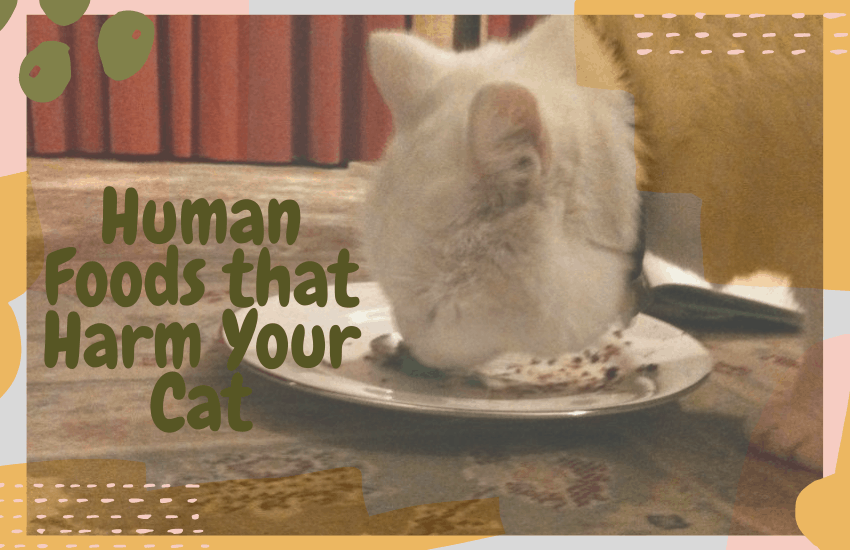
One of the best things in life is enjoying a good meal, both for humans and cats. It is also nice to see your cat passionately eating his meal and looking so satisfied after.
However, since cats have a different digestive system compared with humans, some foods might do more harm than good. Reaction to human foods can vary from indigestion, an allergic attack, or life-threatening reactions. This is why it is important to know which human foods are harmful to your cats.
No matter how much they beg or act cute, the safety of your cat is more important than sharing foods that can be harmful to them.
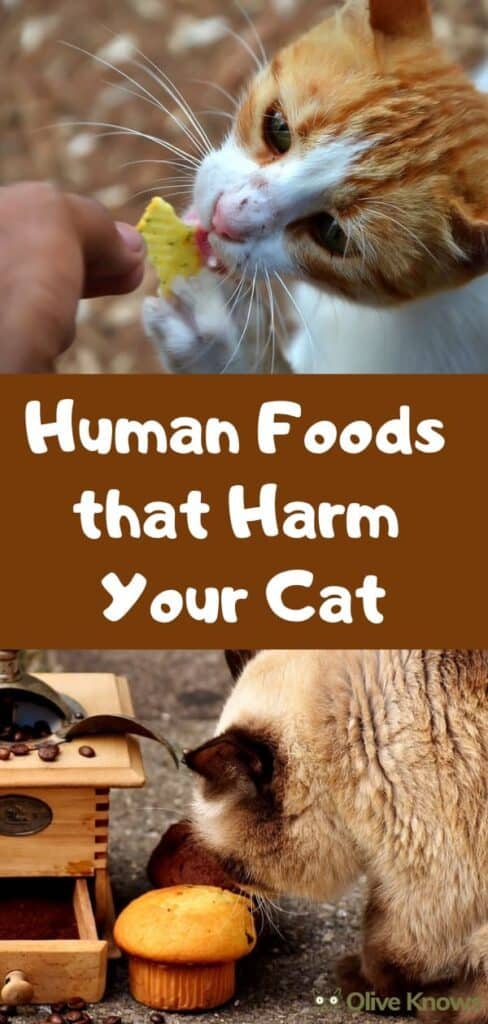
Table of Contents
Harmful Foods
Tuna
Canned tunas made for humans, that is. Tuna-flavored cat food and treats are safe, as these are prepared safely for cats and are infused with nutrients that are good for them.
However, canned tunas often used to make lunch sandwiches are dangerous to cats. When fed in small amounts, this can cause stomach pains due to high sodium and oil content. Tuna in water might be safer. However, there are still possible risks. When given regularly, cats might suffer from steatitis, which is a painful inflammation of the body fat. Too much tuna can also cause mercury poisoning in cats. For tuna-loving cats, it’s always better to grab a can of Fancy Feast for a gourmet treat.
Purina Fancy Feast Flaked Gourmet Wet Cat Food
Enhanced with vitamins and minerals for overall well-being, and essential taurine for heart and vision health. Provides a 100% complete and balanced meal for adult cats, on its own or as a delicious kibble topper.
Chocolate
Just like dogs, chocolate is also lethal for cats. Even if its baking, milk, dark, or white, all chocolates poses theobromine, which is a toxic agent for cats.
Cats suffering from a toxic reaction to chocolates might exhibit reactions such as tremors, seizures, vomiting, diarrhea, rapid breathing, and abnormal heart rhythm. These critically dangerous reactions can also lead to death.
Although most cats are not interested in chocolates, their curiosity might still get the better of them – especially if the chocolates are left on the kitchen counters or given as treats. Regular cat treats are always the best and the safest. For cat-safe treats, the TEMPTATIONS Classic Cat Treat Variety Pack comes in four flavors – tasty chicken, tempting tuna, creamy dairy, and seafood medley.
TEMPTATIONS Classic Cat Treat Variety Pack
Treats come in convenient lock and seal pouches for optimal freshness. Your kitty will love the variety of Temptations four classic and irresistible flavors.
Garlic, Onions, Chives
Commonly available in the kitchen, onions are dangerous for cats as they break down their red blood cells, causing anemia. On the other hand, garlic and chives can cause an upset stomach and bursting of red blood cells among cats.
In addition, indigestion among cats can worsen and lead to painful gastroenteritis, which is the inflammation of the stomach and intestines. Pet owners giving baby food to their cats must also be wary of powdered garlic and onion often used to season it.
Raw Fish and Meat
Cats may be carnivores, but raw meat and raw fish are not considered safe for them. Uncooked meat has a high tendency of having pathogens like Salmonella and E.coli, as well as parasites. These can lead to life-threatening infections and reactions.
The important Vitamin B1 (thiamine) is also eliminated in raw fish, with thiamine deficiency leading to anorexia, aggression, seizures, and loss of coordination. The fish bones in raw fish can damage a cat’s throat and intestines.
Raw Eggs
Cats might instantly be curious about raw egg dripping on the kitchen floor; this is not safe for them to ingest. It is important to immediately clean traces of raw eggs in your kitchen to prevent cats from licking it.
Raw eggs have the possibility of having salmonella or E.coli, leading to bacterial infections for your cats. Egg whites also contain the protein, avidin, which can lead to problems in Vitamin B absorption. Usual health issues include skin problems and coat issues.
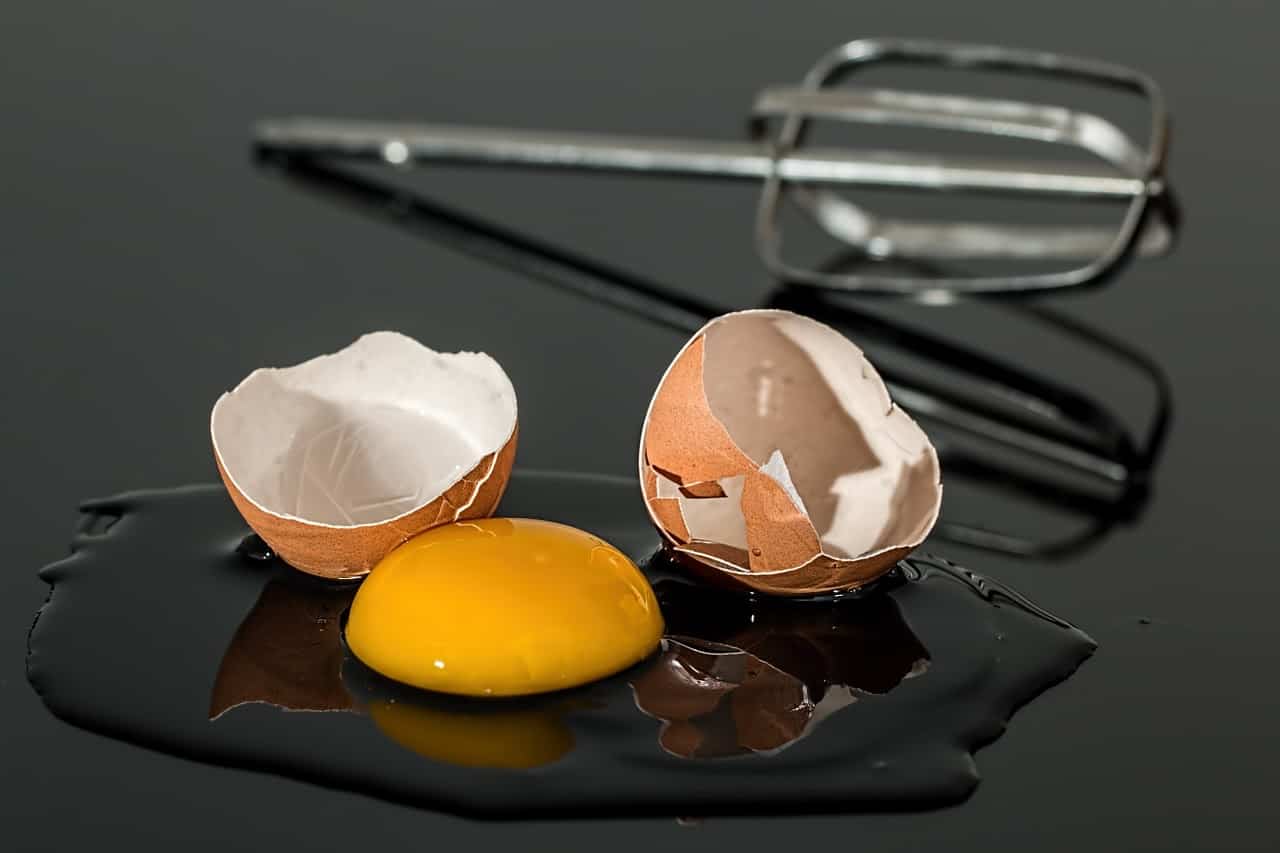
Fat Trimmings and Bones
For cat owners cooking at home, the thought of fat trimmings and bones as treats to your cat might pass by your mind. However, this is not recommended.
Whether cooked or uncooked, animal fat can cause an upset stomach among cats. Regular feeding of fat trimmings can also lead to painful pancreatitis. Bones can cause choking, and when ingested, small pieces of bones can cause lacerations within the digestive system of cats.
Nuts
Whether ingested as a whole, chewed, or consumed as a component of another food, nuts are not safe for cats. Most nuts sold in stores are salted, elevating the sodium consumption of your cat. Nuts are also known to be high in fat, leading to diarrhea and vomiting. Regular consumption of nuts among cats can also lead to the inflammation of pancreas and liver failure, which is life-threatening.
It is also important to avoid walnuts and macadamia nuts, among all others. Although there is no data yet that Macadamia nuts are highly toxic to cats, its severe effects on dogs serve as a fair warning to cat owners. Peanut shells are also harmful to cats, so it is important not to leave these unattended.
Avocado
A popular superfood, avocado might be great for the human body. However, it is considered a risky fruit for animals. Avocados contain the toxin, persin, which can cause diarrhea, vomiting, and difficulty in stool production for cats. They might also ingest avocado skin or chew on the pit, which can obstruct the intestines.
Grapes and Raisins
Some people might consider giving grapes and raisins to their cats as treats. However, it might be a better decision to veer away from these.
Grapes and raisins, even in a small amount can cause sudden liver problems to cats. Other effects to look out for are hyperactivity, lethargy, or constant vomiting. The toxic agent present in grapes and raisins are not yet determined, but it is always better to be safe when it comes to the health of pets.
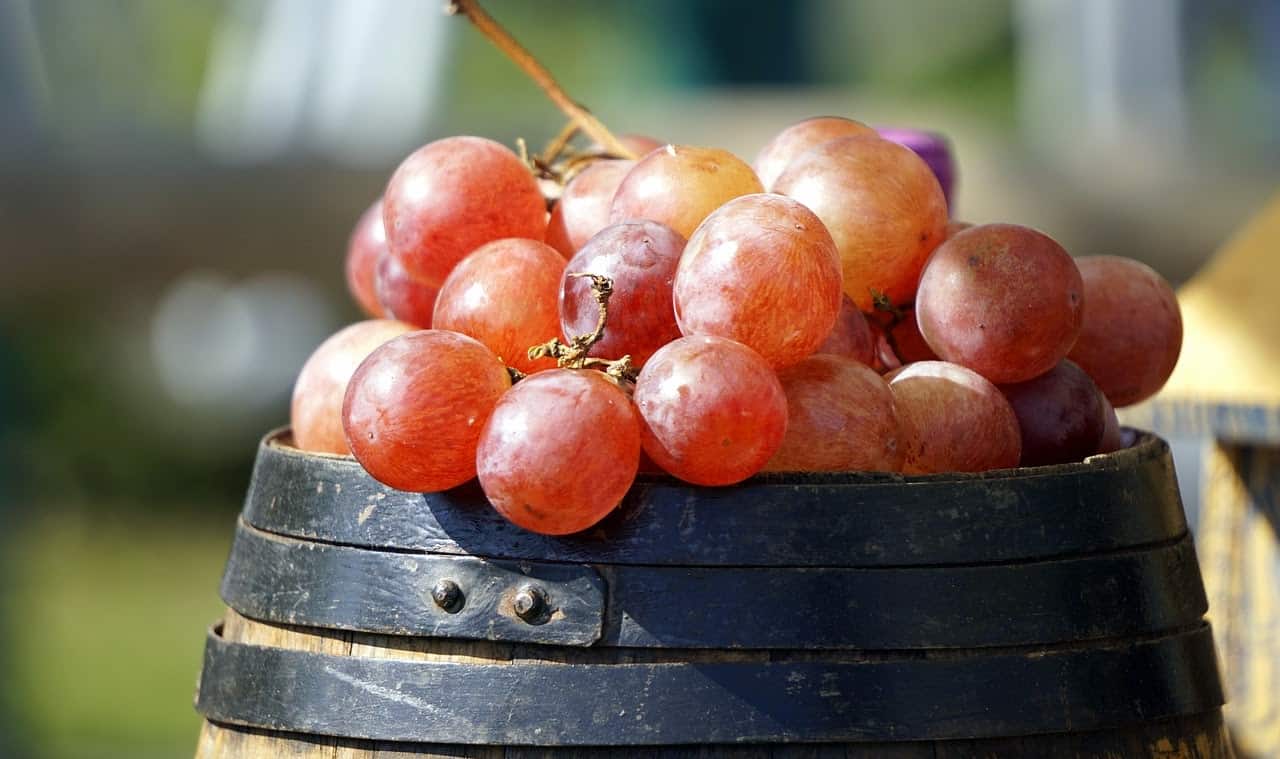
Candy, Gum, Toothpaste (Xylitol)
A common ingredient in sugar-free foods including gums, Xylitol was discovered to be deadly for dogs. Although there are no reports yet on Xylitol effect on cats, it is always better to take the safe route and make sure there are no gums or candies littered within reach of your cats.
Xylitol in dogs often causes a severe drop in blood sugar followed by liver failure. Xylitol is also present in toothpaste, so people with cats at home must always keep the toothpaste cap on.
Harmful Drinks
Milk
One might find this surprising, but yes, milk can be harmful to cats. Just like humans, cats can be lactose intolerant so giving them milk can lead to indigestion, vomiting, stomach cramps, or diarrhea.
Milk usually sold in supermarkets are also very high in fat, which is difficult to digest for cats. How about kittens? Cats are born with lactase, the enzyme for digesting lactose, and this is why a mother’s milk is good for the kittens. However, as the kittens wean, their body also stops producing lactase. This leaves an adult cat with no enzyme to digest lactose
The good news is that there is a kitten milk replacement for orphaned kitties. This special milk is formulated to provide nutrients to the kitties without upsetting their stomach. There are complete nursing kits as well that come with replacement nipples for easy feeding.
KMR – Kitten Milk Replacer
Provides a complete diet for kitties that have been orphaned or rejected as well as supplemental feeding for nursing and post-weaned kittens.
Alcohol
As much as alcohol can be harmful to humans, it is even more so to cats. Small amount of alcohol (no matter what kind) can lead to health problems for cats, including severe liver and brain damage. According to pets.webmd, two teaspoons of whiskey can cause a five-pound adult cat to go into a coma, while a higher proof beverage can lead to death.
For cat owners who just can’t resist sharing a drink with their feline friends, a good alternative is Pinot Meow. This is a specialized non-alcoholic, all natural “wine” created especially for cats. The wine was created from organic beets and natural herbs, without grains, soy, wheat, or corn. It is also very important to buy directly from the manufacturer, as there could be unsafe imitation products.
Pet Winery Wine Cat Lickable Treat
This alcohol-free cat treat is inspired by the refined flavors of wine. It’s made with purified water and salmon oil infused with catnip for a good time.
Coffee, Tea, Energy Drinks
A cat might be curious enough to get a lick of your morning coffee or afternoon tea, but this can lead to health problems. These beverages are packed with caffeine that can cause restlessness, muscle tremors, breathing difficulties, or heart palpitations in cats.
Human Medicine
Cats accidentally ingesting human medicines can happen, often with serious consequences. As cats have the same curious behavior as children, unattended medicine might be something of interest to them.
Common pain reliever and cold medicines contain acetaminophen and ibuprofen, both of which are deadly for cats. For sick cats, the best way to help them regain their health is to bring them to the vet. Human medicines are never intended for cats, so giving them these to help cure ailments will surely be more harmful.
The Good Food
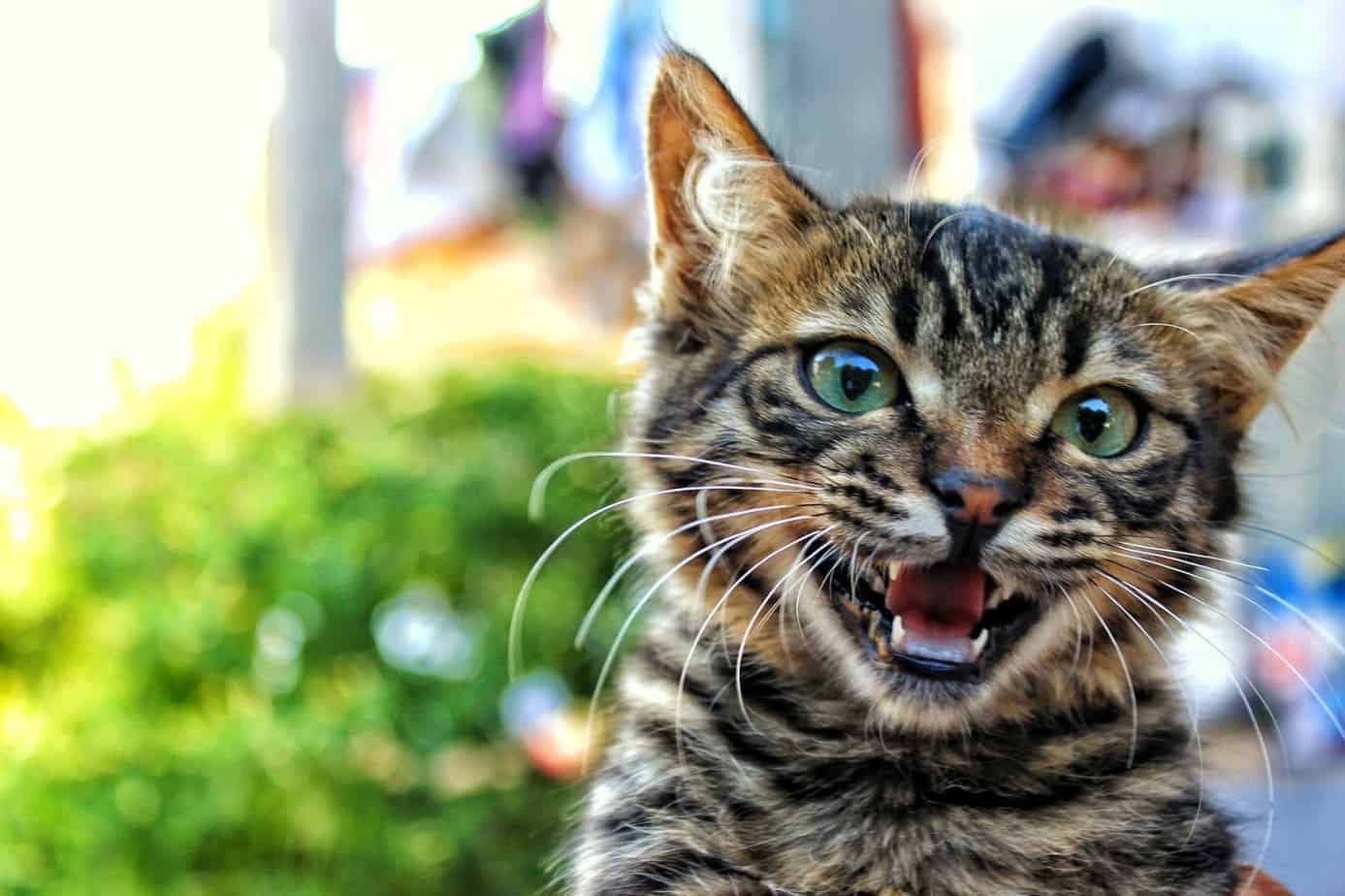
With a long list of possible harmful food for cats, the good news is that there are safe treats for your feline friends as well. Below are some of the recommended addition to your cat’s diet, just ensure that these are given in moderation.
Lean Treats
Cats have the tendency to be overweight, especially when they keep on getting treats. Banning treats will not immediately make your cat healthy or happy. Giving treats is an effective form of reward for cats, but in order to keep fat in check, you can go for Lean Treats. These tasty treats are made from real skinless chicken, making it low-fat.
Butler Lean Treats Nutritional Rewards for Cats
Made with real skinless chicken. This recipe also features Taurine, fortified for heart function and good vision.
Pumpkin
Adding pure pumpkin to your cat’s diet can help increase fiber in their body, which in turn helps improve their digestion. Mashed boiled carrots and peas might work as well, depending on what your cat prefers.
Consult a vet first before introducing mashed vegetables to your cat’s diet. It is also important to get raw, unprocessed vegetables. There are also pureed pumpkins created specifically for pets. Start slowly with just a quarter of a teaspoon. Avoid store-bought pumpkin pie filling, as it contains high levels of sugar and spices that are harmful to cats.
Weruva Because WeLuvYa, Pumpkin Puree Pet Food Supplement for Dogs & Cats
Simply pour a patch into your pet's bowl and watch them lap up the deliciousness, or add it to their daily meal! Available in single-serve pouches, Pumpkin Patch Up! is meant to be fed in conjunction with a complete and balanced meal.
Blueberries
A treat loved by humans and cats alike, blueberries are considered safe for cats as long as they are consumed in moderation. It is also recommended to mash the berries in order to avoid choking.
Blueberries are known to be packed with Vitamin C and can help cats suffering from asthma or heart disease. Blueberries are also rich in antioxidants, making it a common ingredient in several cat foods.
Fish Oil
Too much of a good thing can be bad, even with healthy fish oil. When given in moderation, fish oil is known to boost the health of your feline friends. Other benefits of fish oil include a healthier coat, a stronger immune system, improved eyesight for kitties, and reduced joint problems.
Fish oil also balances the high level of Omega 6 usually found in dry cat food. For cats suffering from itchy irritated skin, fish oil deals with skin problems and inflammation. For cat owners looking to add fish oil in the diet of their cats, Deley Naturals Wild Caught GMO-Free Omega 3 Fish Oil for cats is a good choice. It is made of all-natural and sustainably sourced fish oil, free from toxins such as mercury.
Wild Caught, GMO-Free Omega 3 Fish Oil for Cats
Omega 3-6-9 for cats promotes healthy, shiny fur, soothes itchy and sensitive skin, and eases painful, inflamed joints. This GMO Free formula also supports immune health, cardiovascular function and improves stiffness and allergies.
With a wide variety of choices when it comes to feeding cats, it is always the safest choice to go for food that is prepared especially for them. There are some human foods that are safe for cats, but these are best given in moderation. When feeding cats human foods, the risks are greater than the short-lived feline bliss. It is also important to research and consult a vet first, before introducing something new to your cat’s diet.
Leaving food unattended in the house must also be avoided, as cats are naturally curious and may try to get a lick of it. When liquids spill, clean it up right away. Cats that are allowed to roam outdoors must also be checked regularly, in case they may have encountered something that is harmful to them.
If you suspect that your cat may have ingested something dangerous, immediately bring him or her to the vet. It is also important to be observant with possible symptoms, as well as changes in behavior and litter box habits.
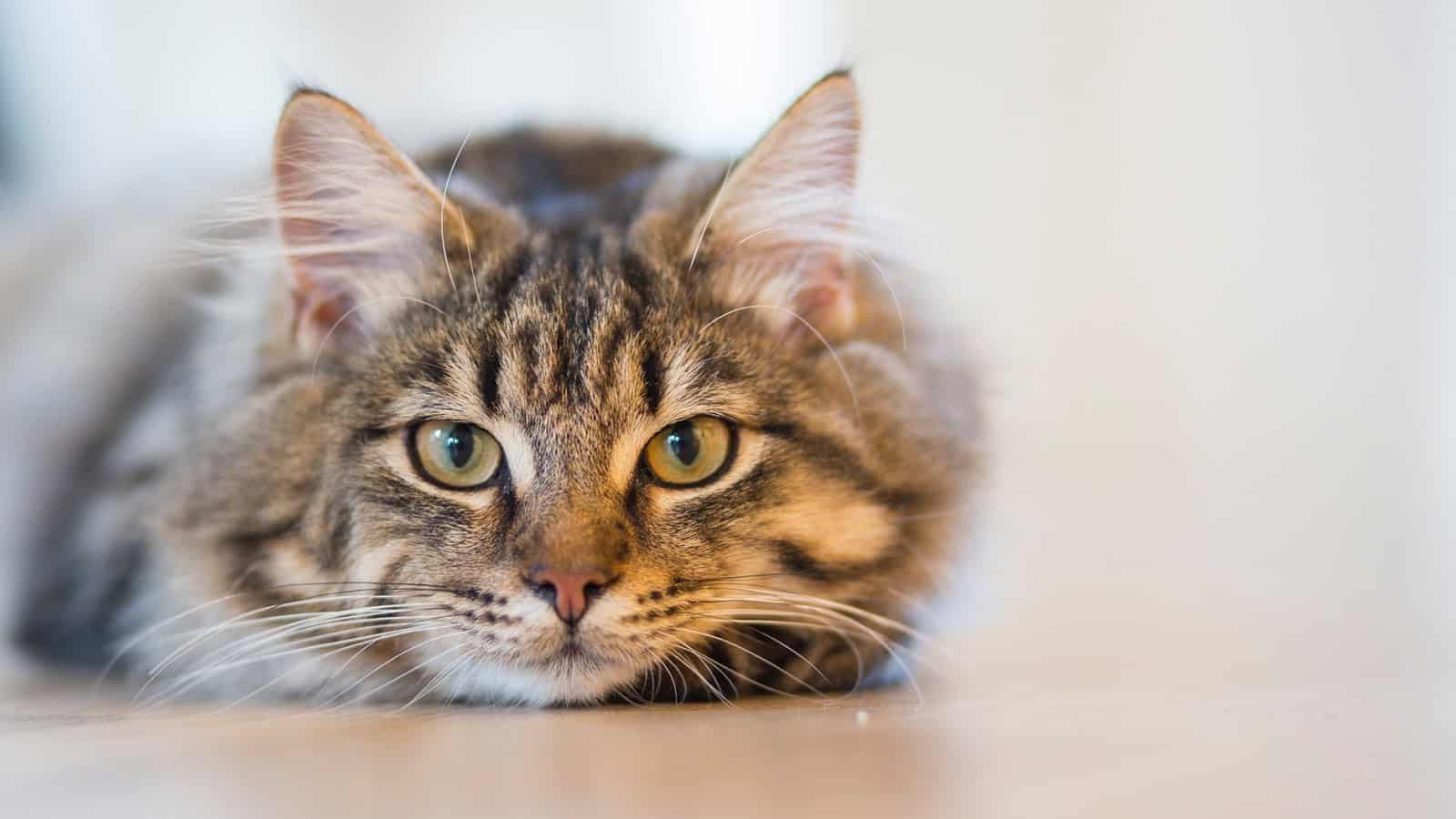
Cats are known to be picky eaters but they can just easily consume something harmful out of curiosity. It is also the responsibility of the cat owner to know which food is safe for their cats, in order to avoid accidentally giving their feline friends something dangerous. As always, a healthy cat is a happy cat. What are the favorite treats of your cats? Let us know below!

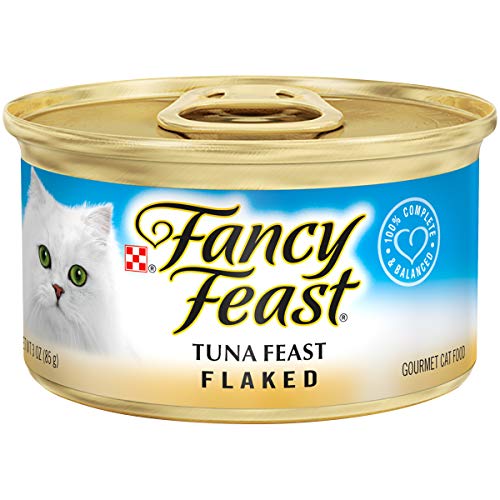







Leave a Reply